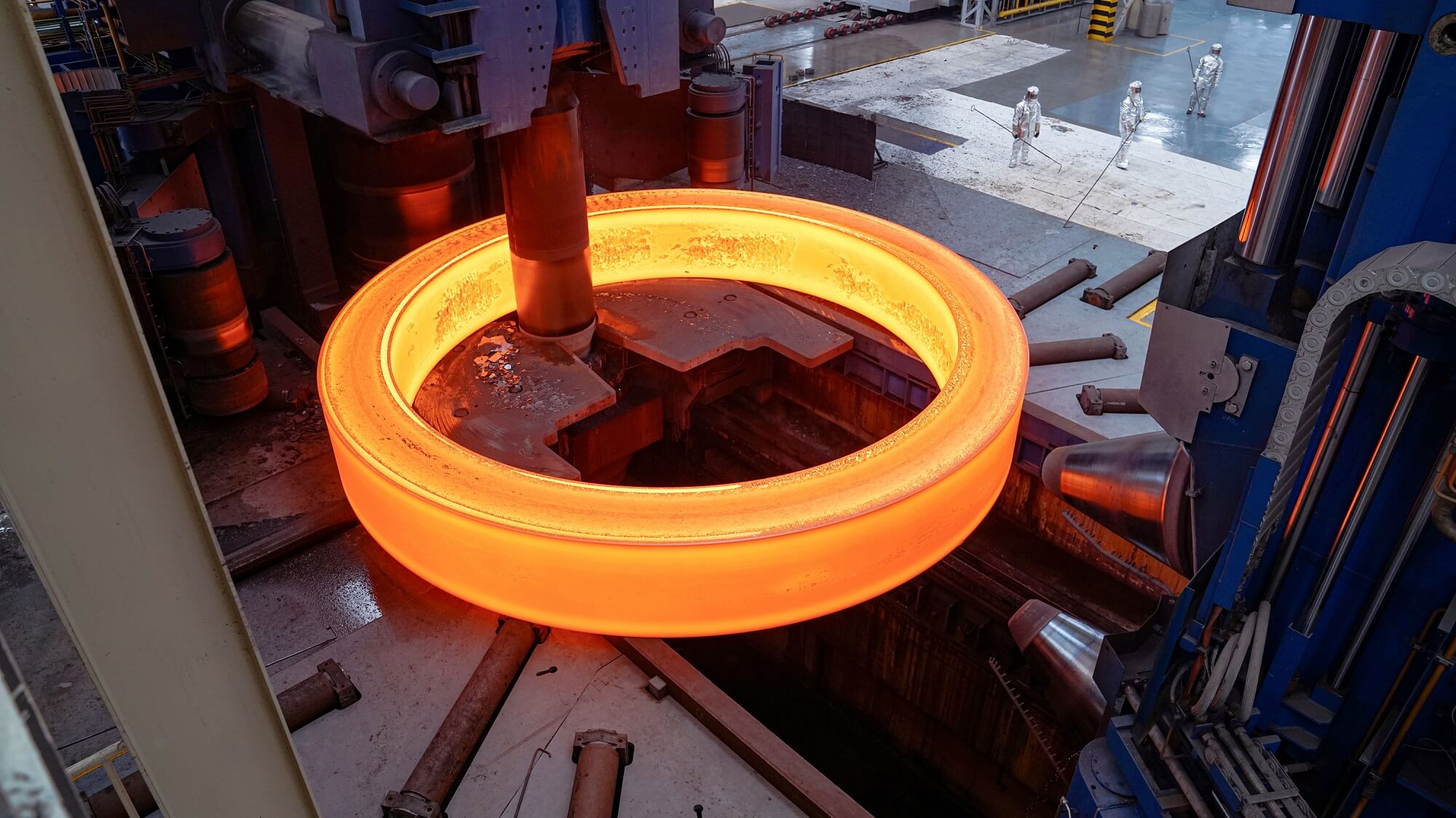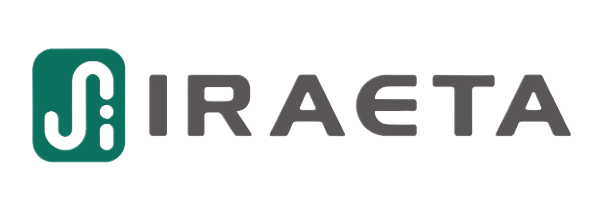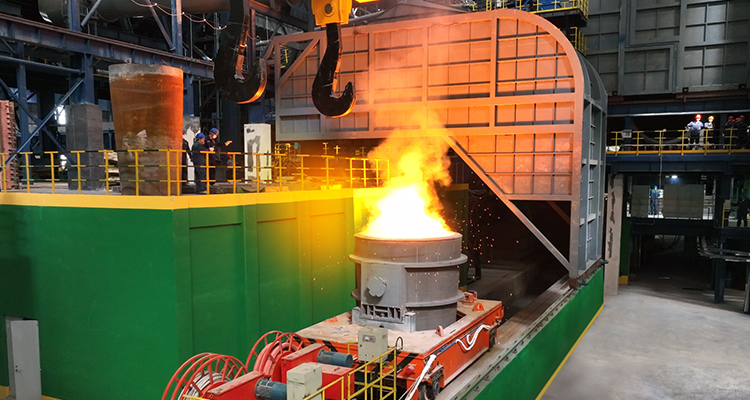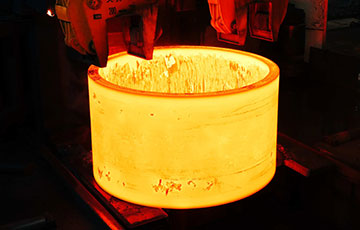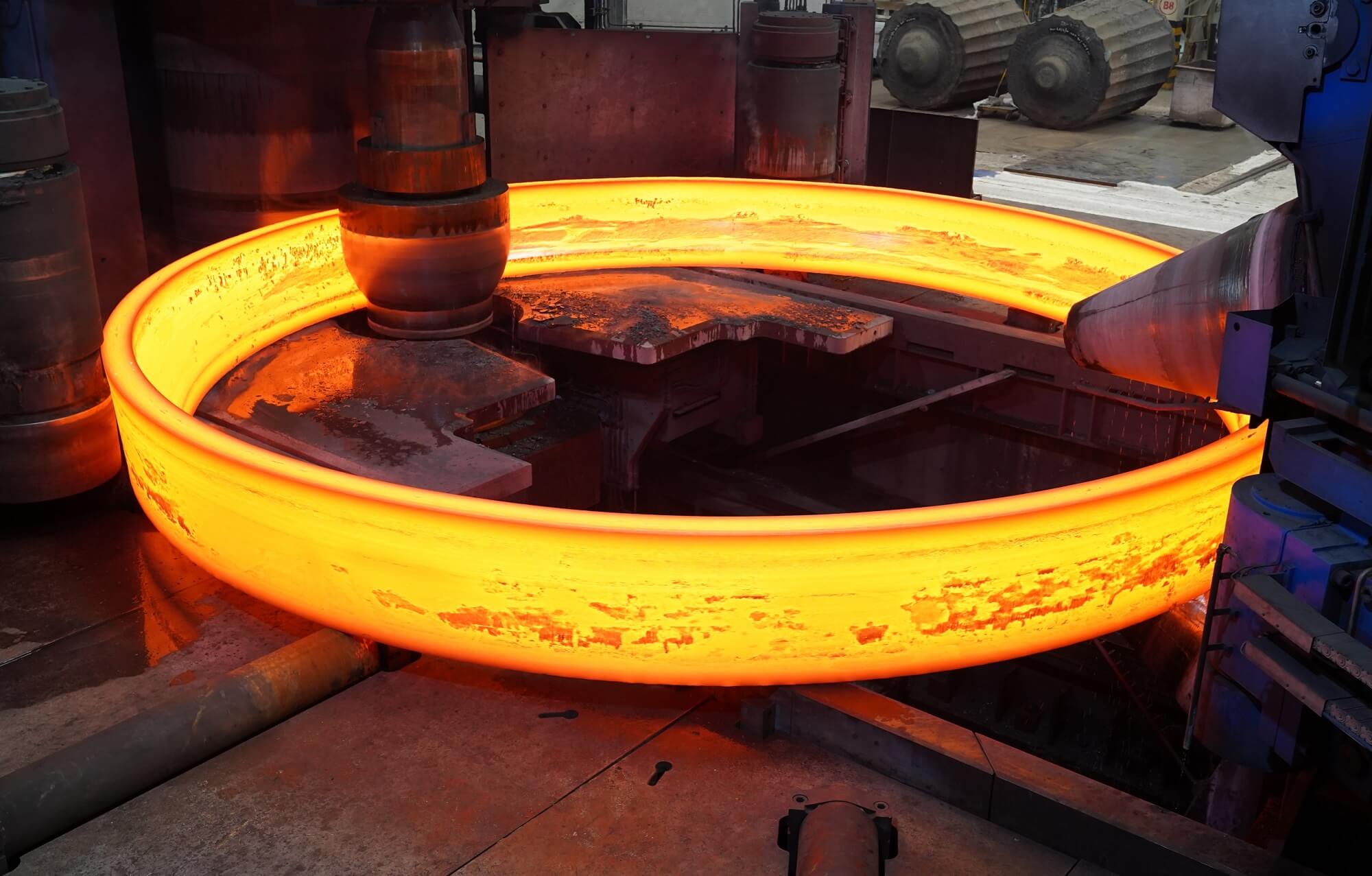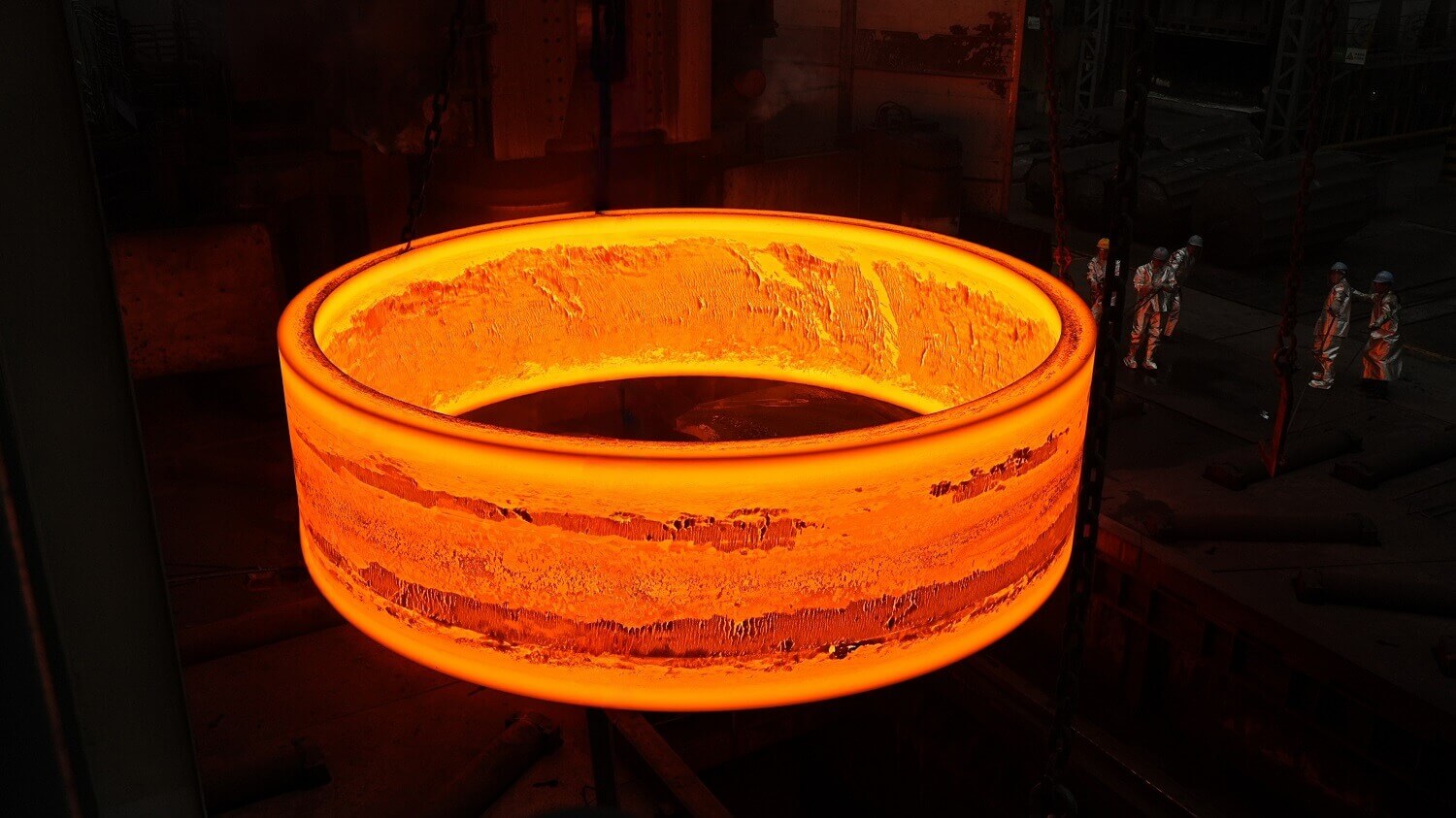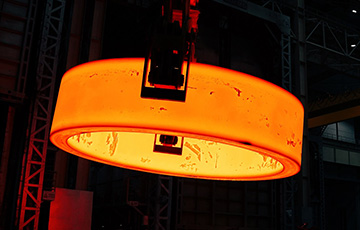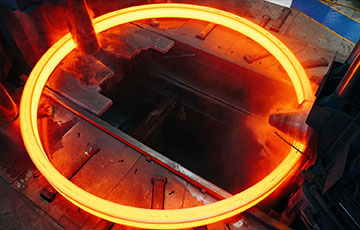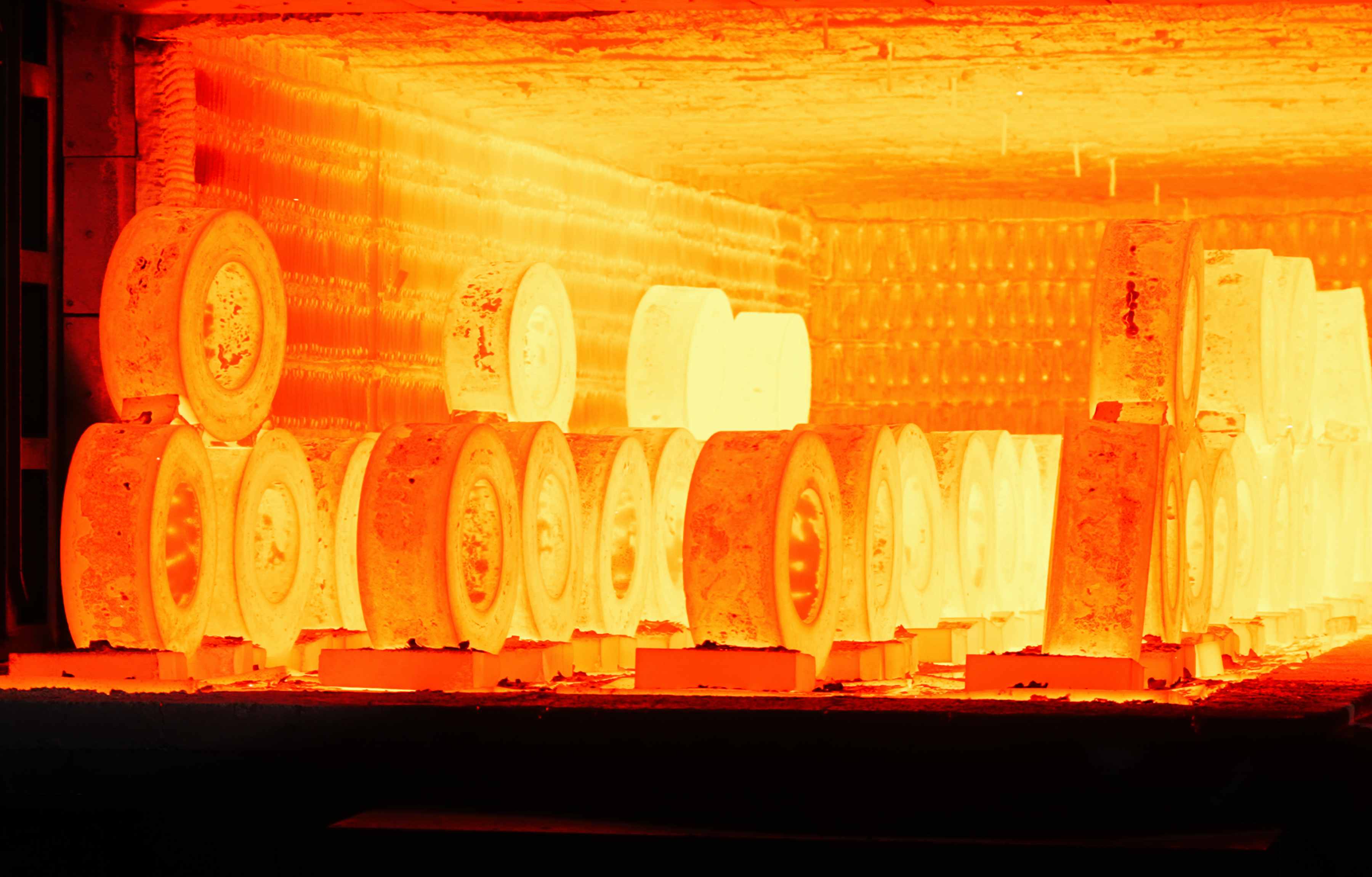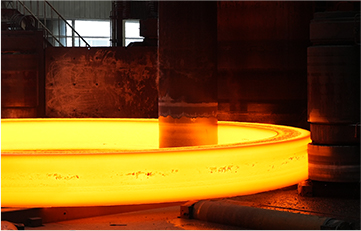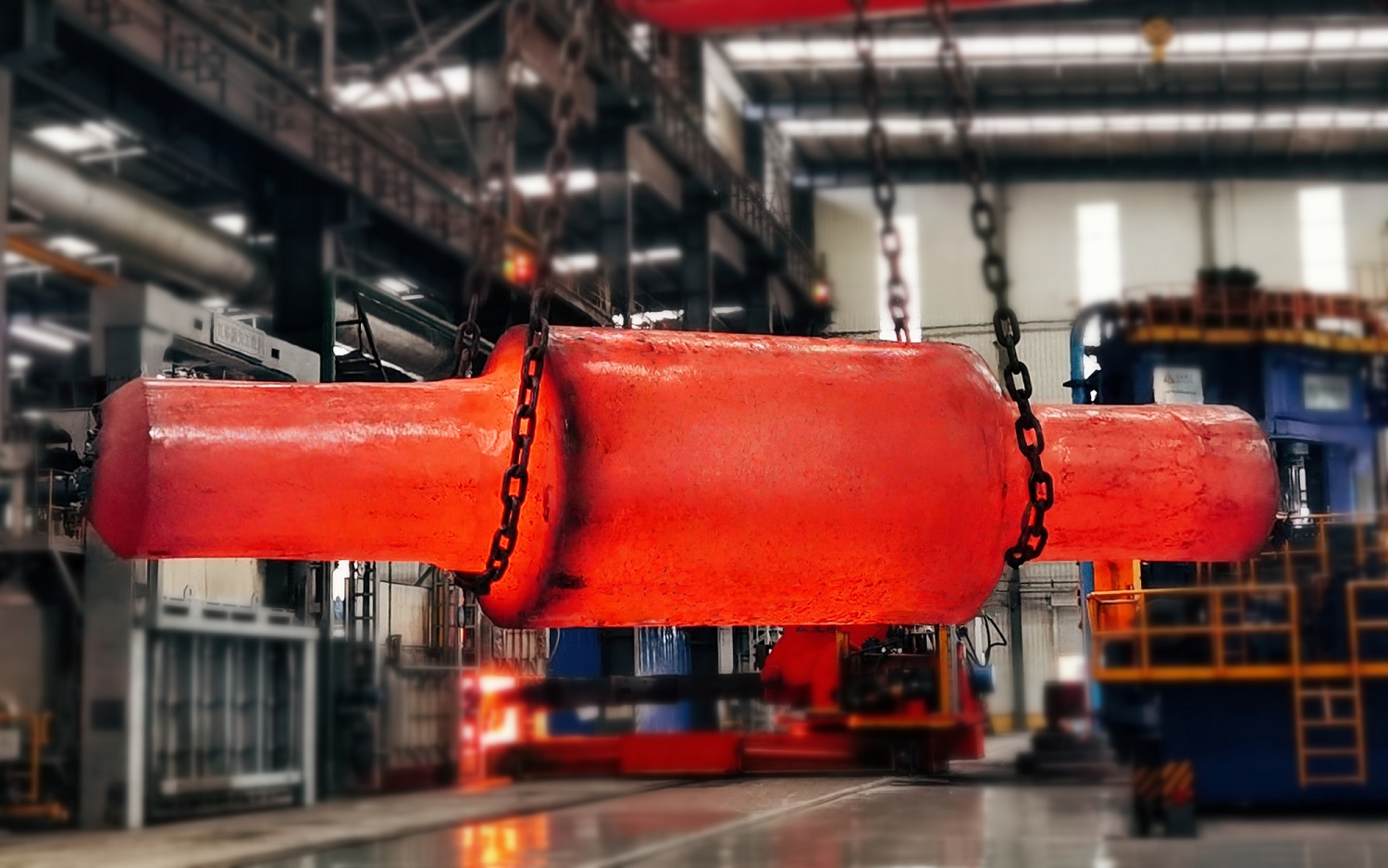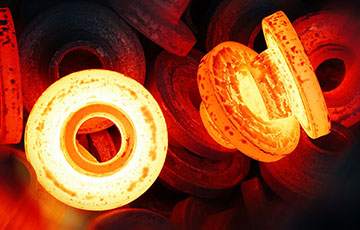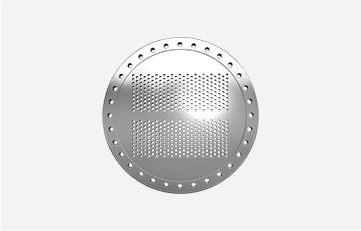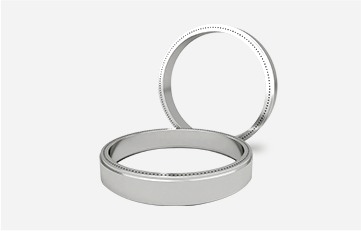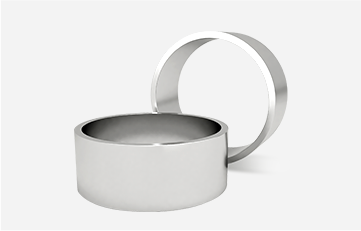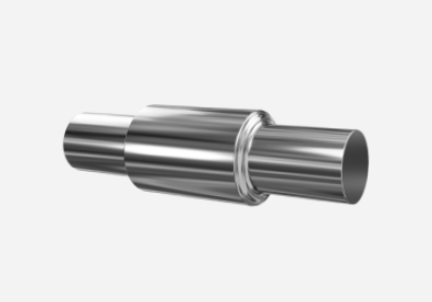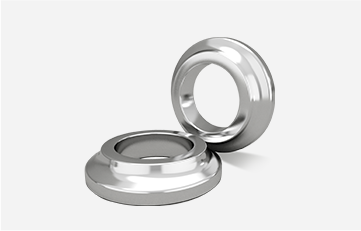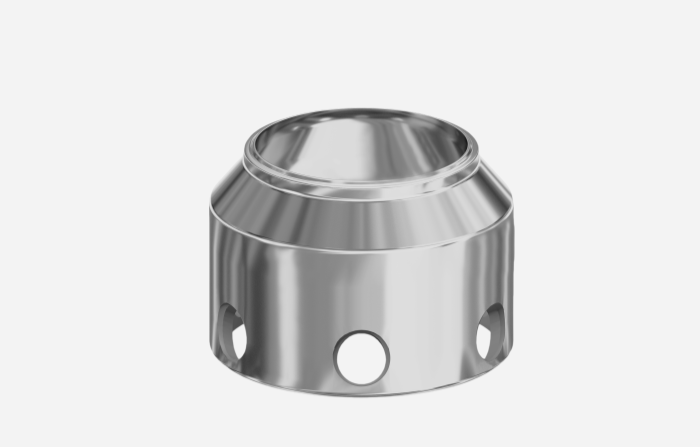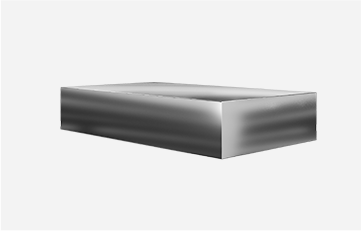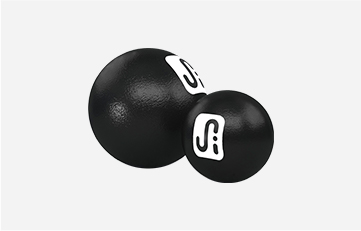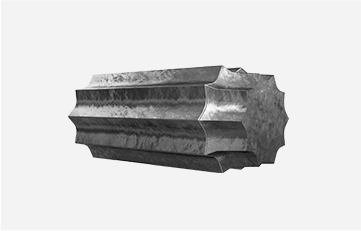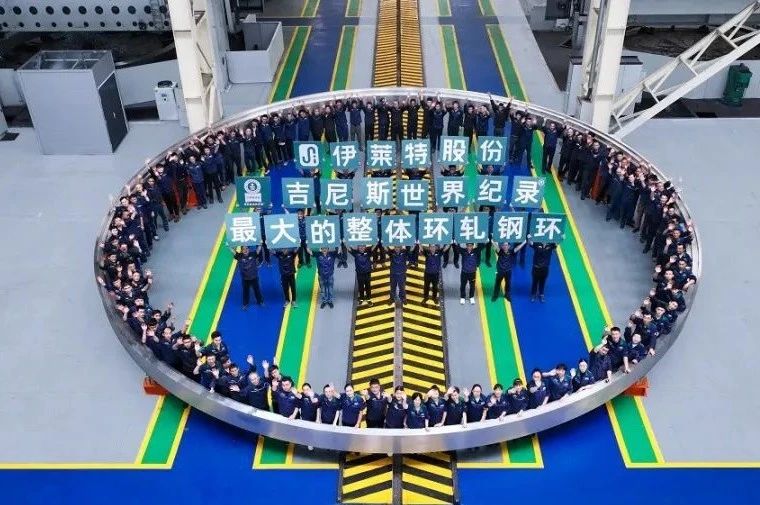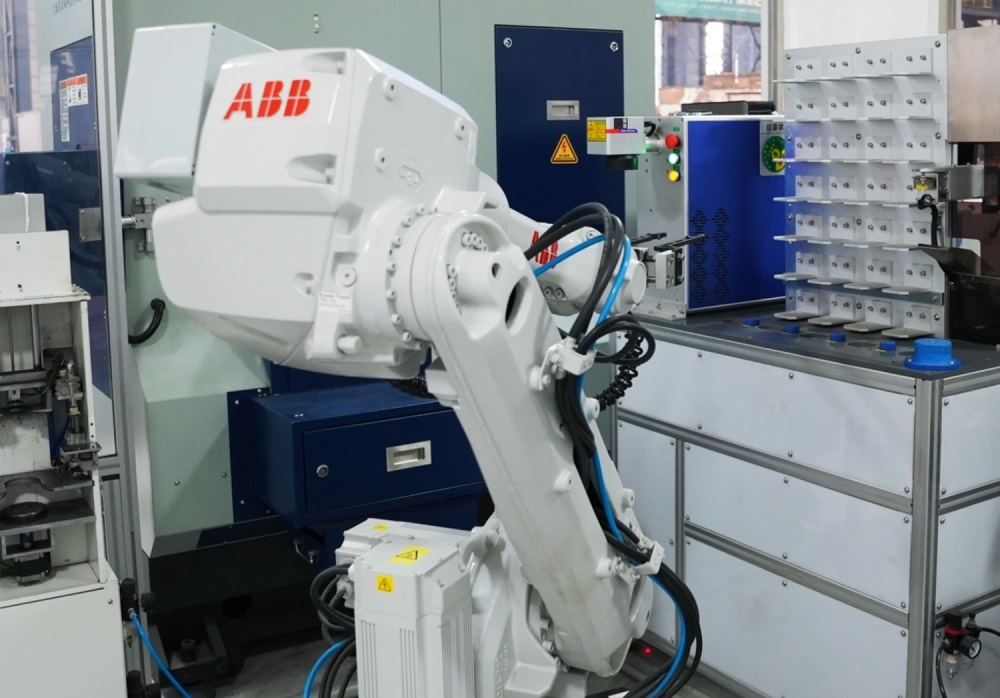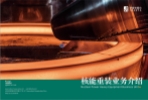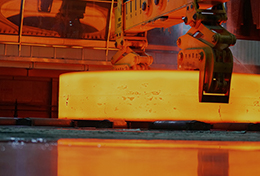Forging Procurement: Manufacturer Or Middleman?
When procuring forgings, choosing the right partner is already half the battle. If you are debating between working directly with a manufacturer or going through a middleman, the real consideration is which model can inject more vitality into your production chain. This choice involves key differences in cost, efficiency, and long-term benefits—choose wisely, and you gain peace of mind and efficiency; choose poorly, and you risk pitfalls at every subsequent step.
Today, procurement channels are increasingly diverse and flexible, but forging procurement isn’t like picking clothes or buying coffee based on personal preference, nor is it simply “shop around for the lowest price.” The quality of forgings directly impacts equipment safety, delivery efficiency, and operational performance. The key distinction is that you are not just buying a piece of metal—you are investing in technical support, cost optimization, and long-term reliability.
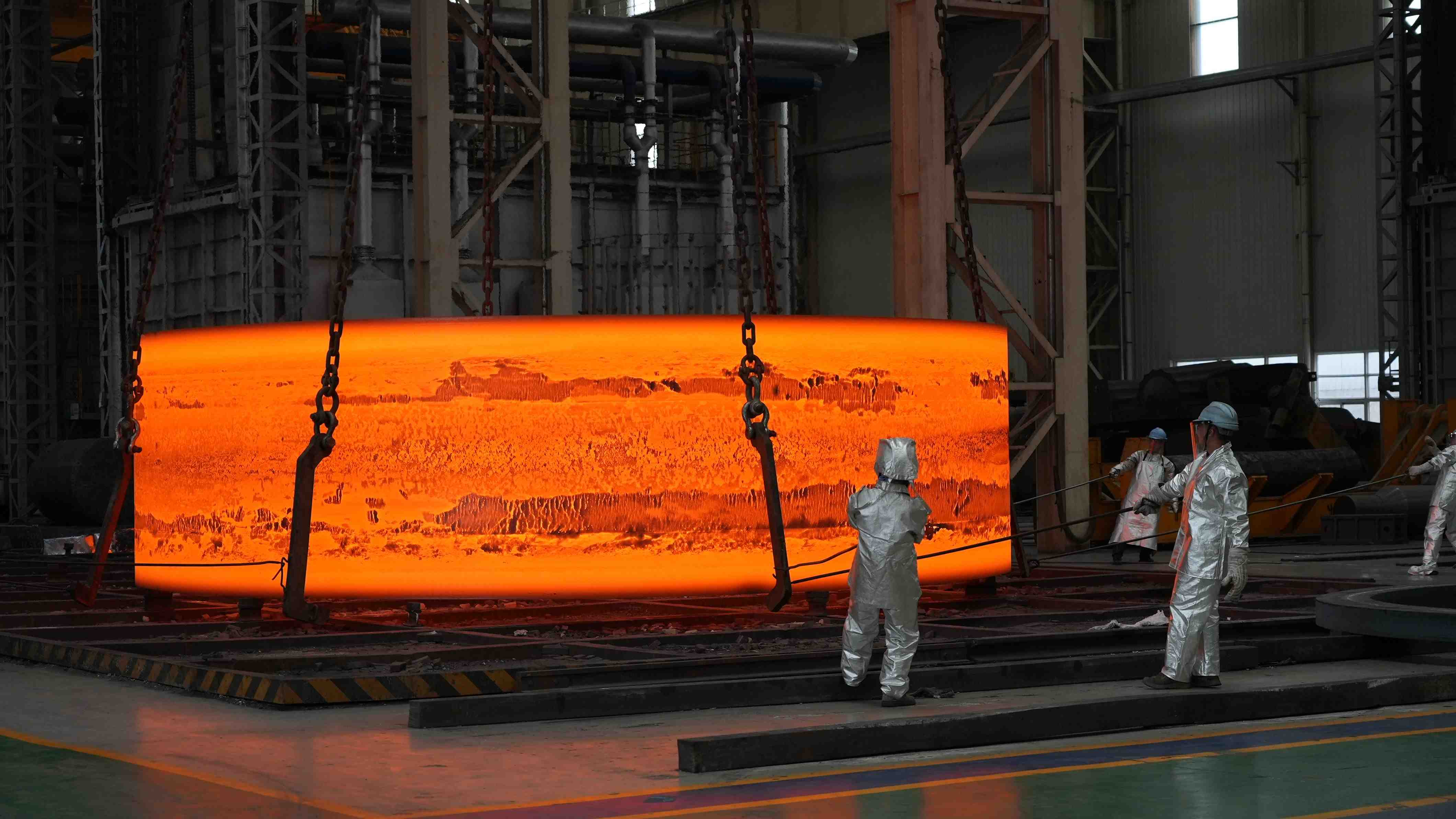
How to evaluate middlemen?
First, consider track record. A credible middleman won’t rely on “how many clients they’ve served,” but can provide cases of clients similar to your own.
Second, company size. A middleman with only a handful of staff is unlikely to efficiently manage complex procurement processes or respond to sudden supply chain issues.
Third, staff expertise. Forging procurement has many technical barriers. The professional background of the team acts as a “firewall,” especially if they include specialists in materials, forging, and heat treatment.
Fourth, project management capability. Many middlemen advertise “full-chain integration,” but true integration means every stage is traceable and each node is controllable—not just linking steps together.
Fifth, cash flow. Cash flow is the “lifeblood” of the supply chain. It can secure priority from suppliers and, when urgent changes arise, quickly mobilize funds to coordinate resources.
For companies that prefer not to manage multiple stages, a middleman’s role as coordinator is crucial. From forging and heat treatment to machining, assembly, and shipping, they manage the full process. This “one-stop service” liberates clients from complex procurement logistics.
However, when companies demand higher performance, want quality control from the source, or seek long-term strategic value, direct cooperation with a forging manufacturer becomes advantageous. More companies are realizing that experienced forging factories provide core value by optimizing from the source.
Forging manufacturers have decades of industry experience, accumulating not just production expertise but deep understanding of diverse operational conditions. This enables clients to design optimized production plans and achieve systemic cost reductions in raw material usage, processing time, and transport.
In terms of partnerships, forging manufacturers emphasize “long-term symbiosis” over “one-off transactions.” At Iraeta, we believe every order is the start of trust, not its end. Even for a single-piece order, as long as the dimensions meet basic requirements, a dedicated team is assigned. Metallurgists, forging engineers, and heat-treatment engineers oversee the manufacturing process, ensuring optimal balance between cost and performance, and providing immediate response if issues arise.
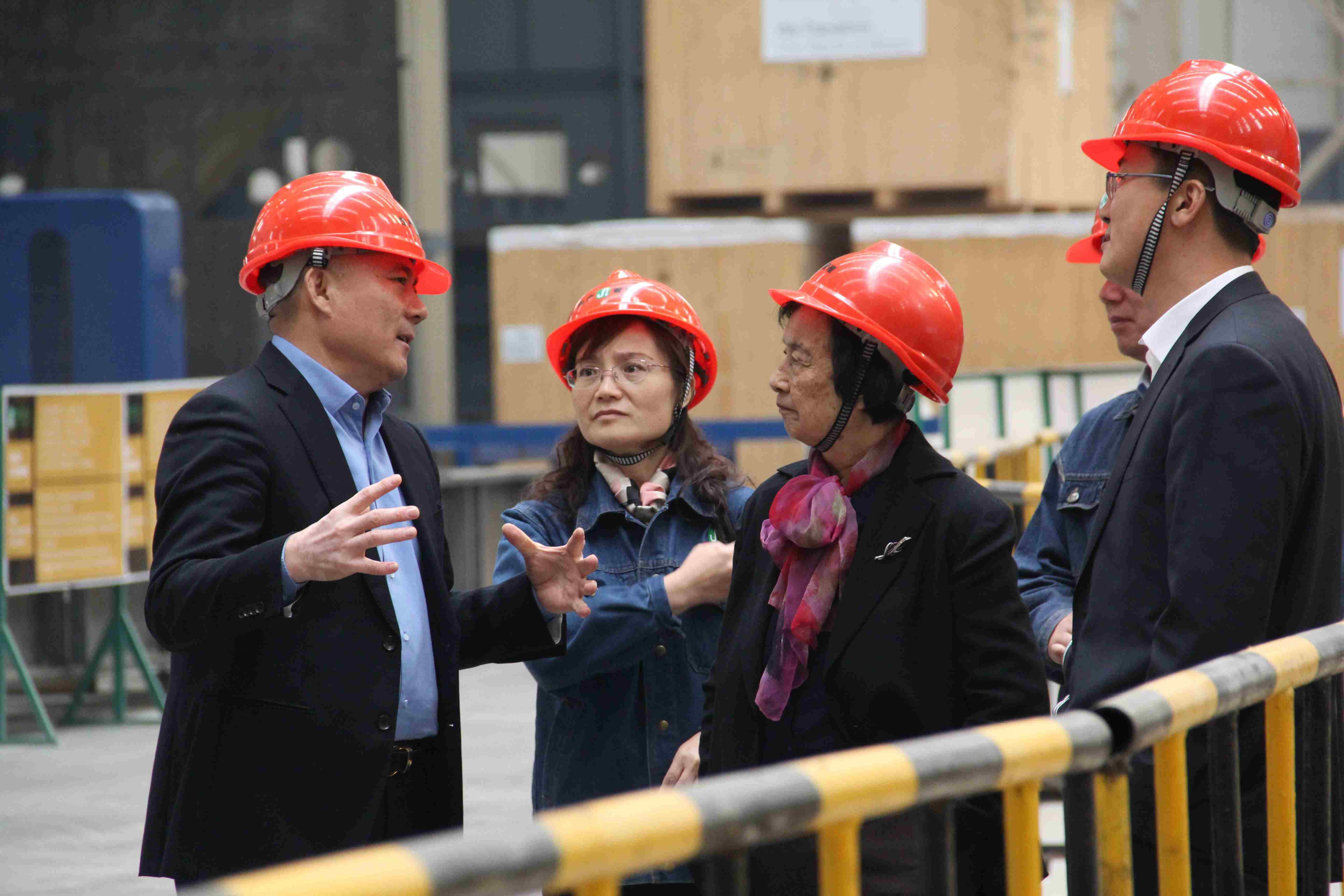
Iraeta Establishes Workstation with Academician Li Yiyi (Right 2) from the Institute of Metal Research, CAS
The deeper value lies in having a manufacturer as a “needs evolution” partner — not only achieving current project goals but also identifying additional value opportunities based on industry foresight. Direct collaboration ensures timely, specification-compliant delivery of forgings.

Iraeta Products Receive Recognition from Long-Term Clients with Honor Banner
The ultimate goal of the supply chain is not “who to choose,” but “how to maximize value through the right partner.” In forging procurement, no matter the channel, the core is finding a partner who truly understands your project needs — far wiser than merely chasing the lowest price.
Recommended reading
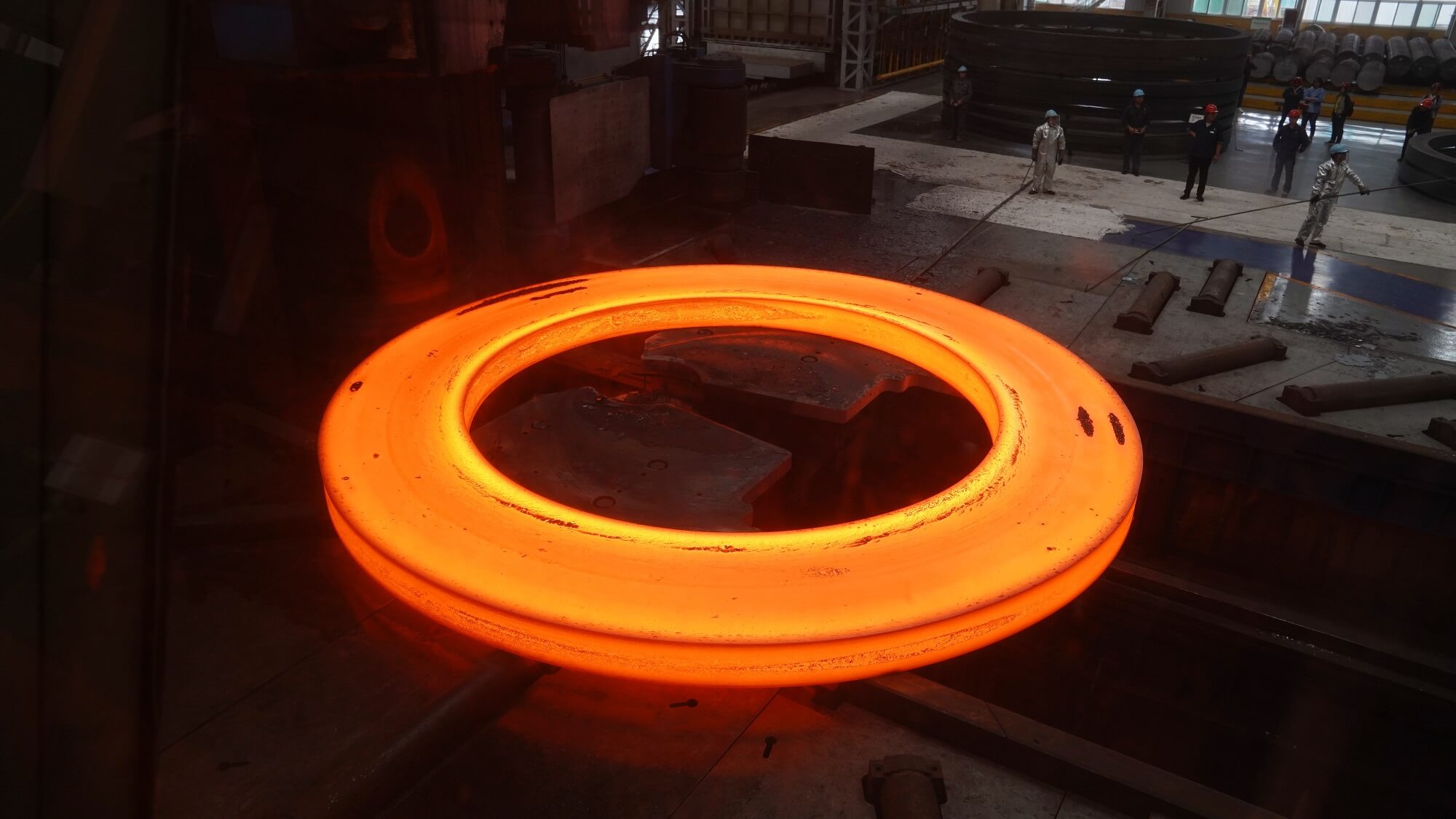
Unlocking the Secrets of Forging: The Performance Code of Classic Processes
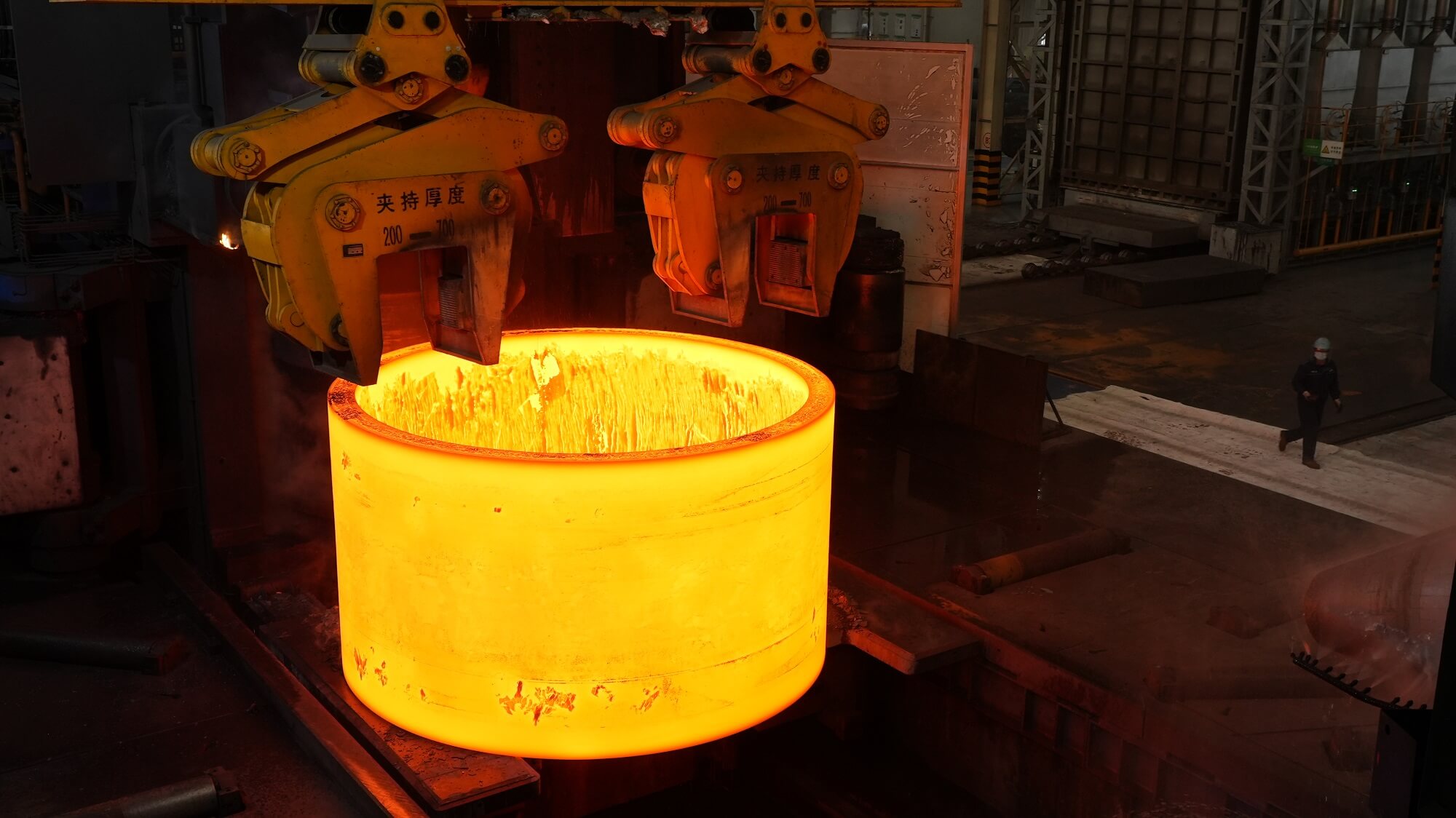
Must-Read for Ring Forging: Advantages and Applications of the Forge-Rolling Process
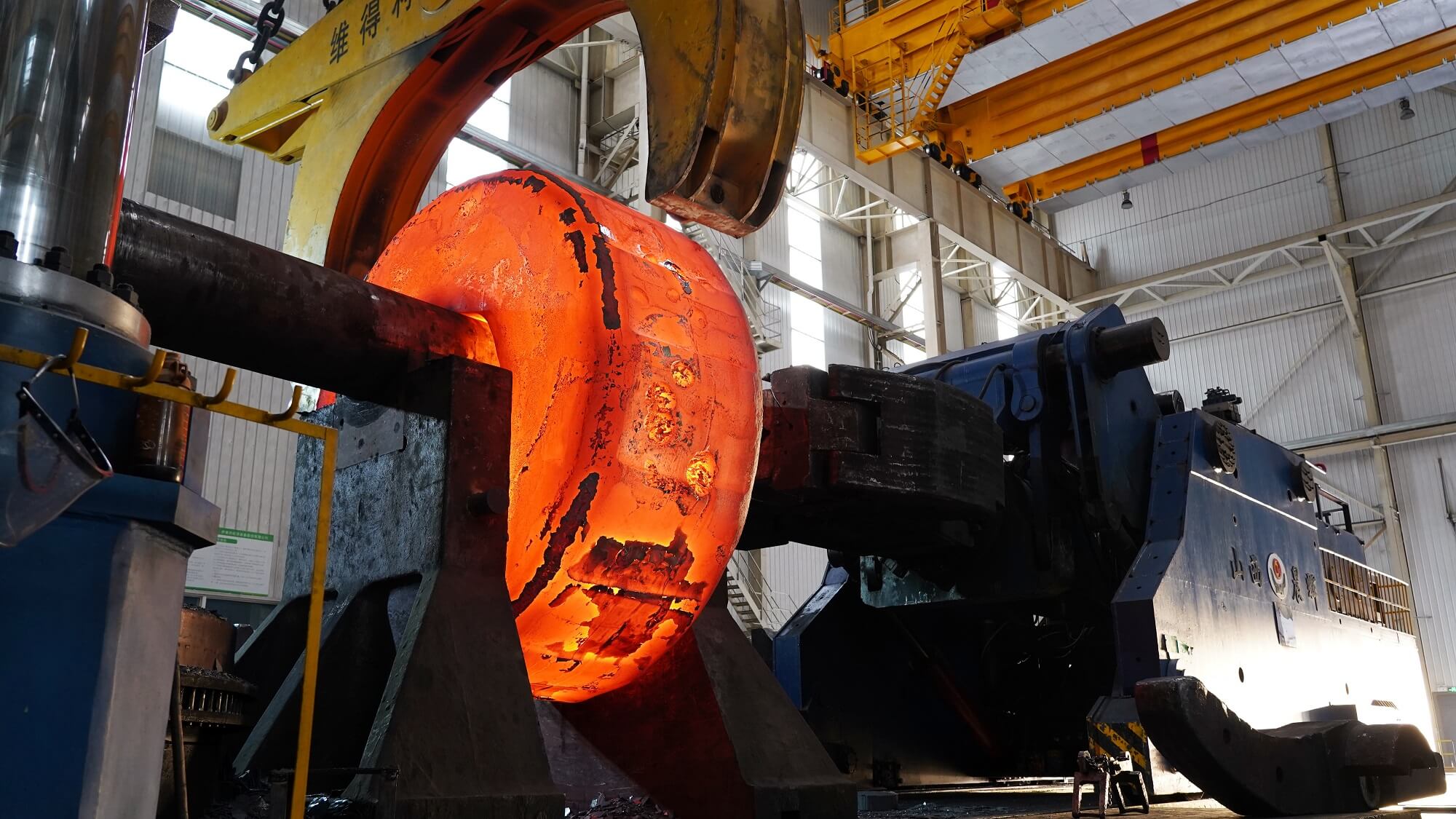
Open-Die Forging vs. Ring Rolling: Helping You Choose the Optimal Forging Process
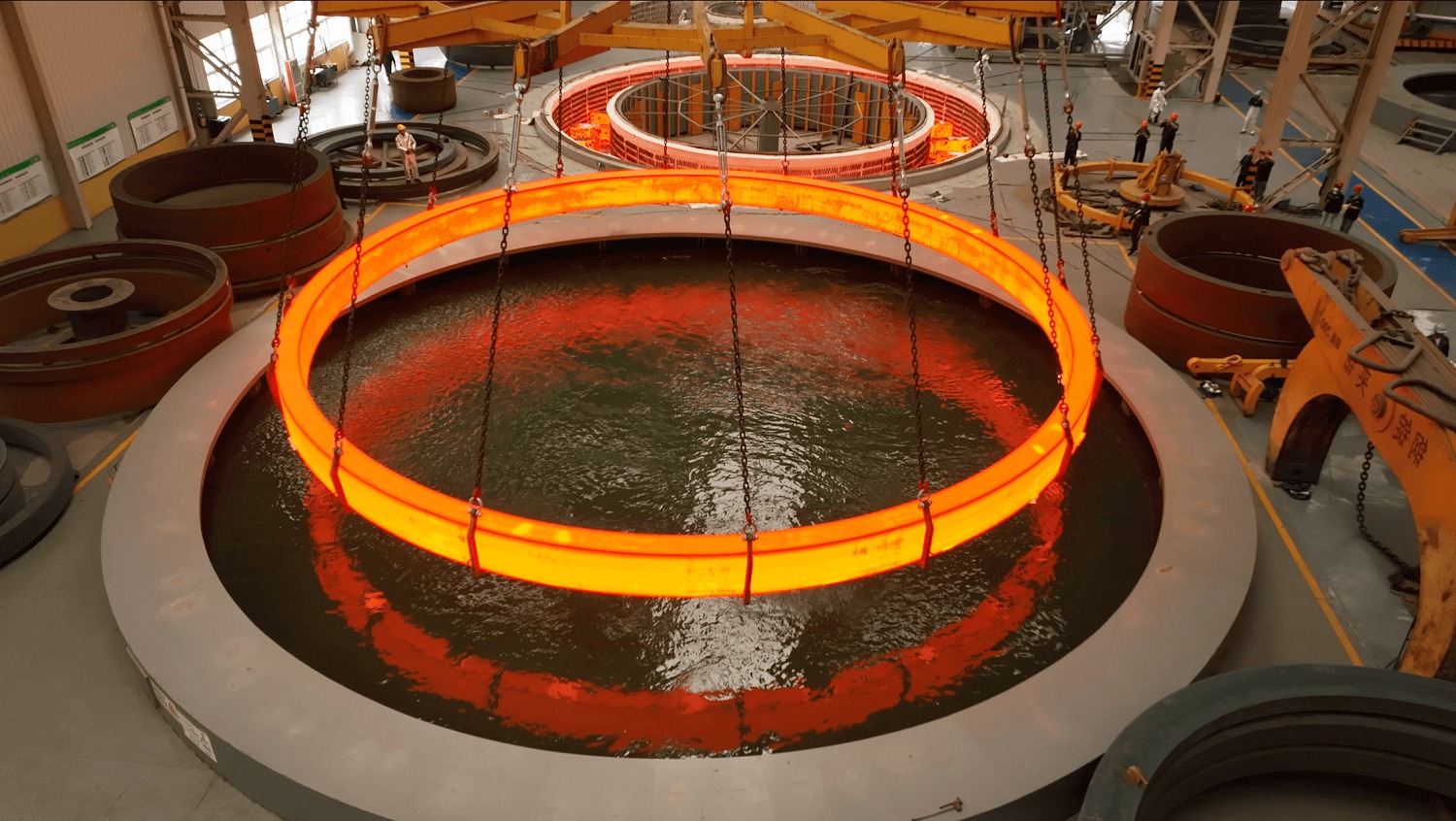
Unlocking Heat Treatment: How to Make Forgings Stronger, Tougher, and More Reliable
